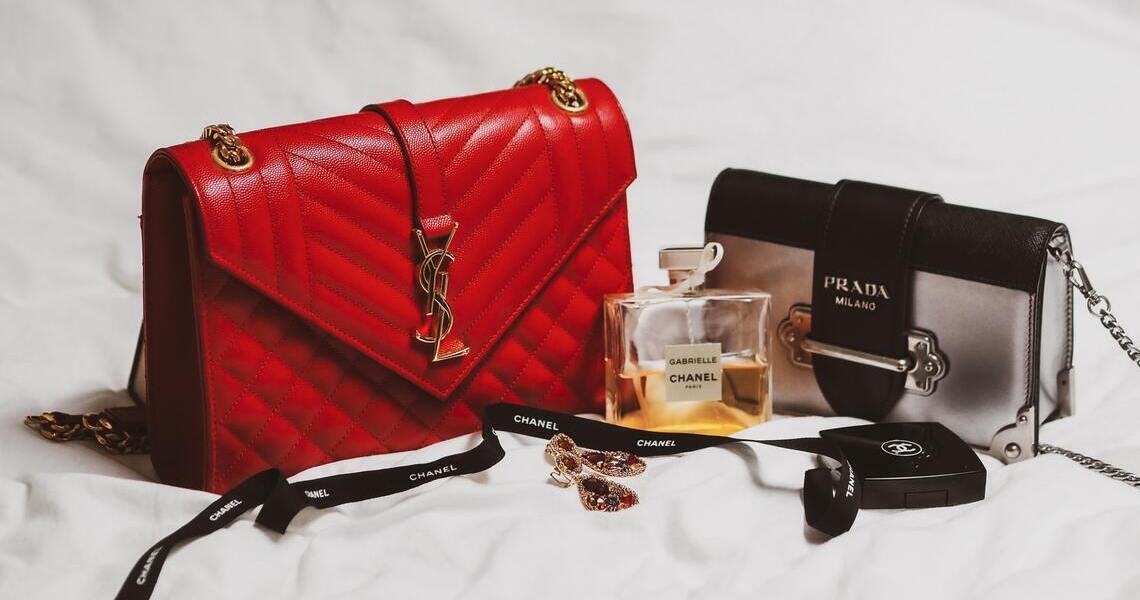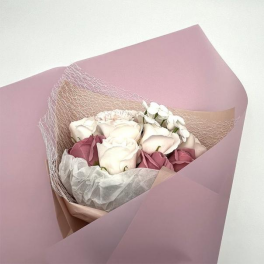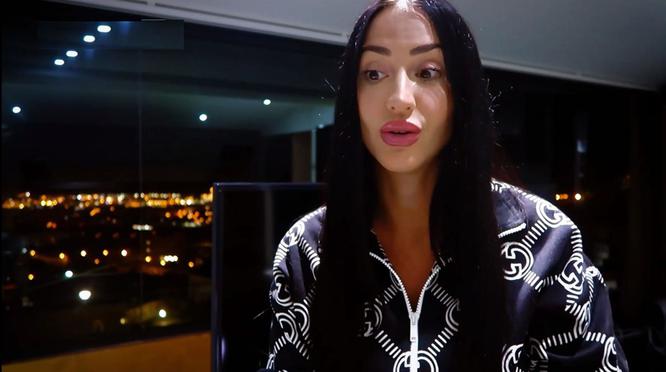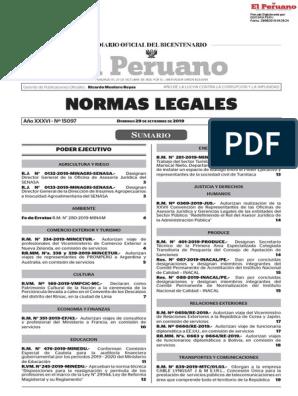China: Luxury in unofficial channels, gray market and daigou
The meaning of black market has negative connotations, but makes the concept very clear, for example, focused on the luxury industry. The suspicion appears if it refers to a market as gray or gray market.
What is the gray market of luxury?
It sells legal goods through legal distribution channels, albeit without the knowledge or authorization of the manufacturer or owner of the original good.
In other words, the gray market of the luxury sector is not official; it is a parallel market that benefits from two different prices for the same product.
How can it be? Very easy. The large luxury firms began internationalization in the 1970s and kept manufacturing in Europe, the United States or Japan to ensure the quality and standards that their product demanded. This highly controlled production meant that Asian buyers had to pay a much higher price.
Thus, to make selling luxury in Asia profitable, wholesalers would buy large quantities from Europe and then ship and sell them at a margin. They started with perfumes and then the trend moved to handbags and other luxury goods.
Starting in the 1980s, the luxury brokerage business appeared by marketing these products in countries with high demand and little or no presence of the luxury firms themselves. From a B2C channel, it became a B2C2C channel.
Daigou or Chinese gray market
In China they call this Daigou (buying on behalf of another person). It consists of buying luxury goods abroad and then selling them in your country with margins of 20% or 30%. It is a practice carried out by merchants who leave the country for this reason and others who reside in luxury-producing countries (mainly Europe and the US).

With the advent of the internet, everything is easier. Using China as an example, the key is that it is cheaper to find the point of purchase abroad and pay for the shipment than to buy the imported good within the country. Usually this technique offers even more guarantees, since bonds of trust are established between the intermediary displaced to the point of purchase abroad, who venture to buy it online, given the abundance of very successful replicas and fraudulent stores. We must not forget the high economic volume that the transaction of a good of these characteristics can represent.
Unofficial data indicates that in 2015 luxury products were sold by Daigou for between 6,000 and 8,000 million dollars.
More controls to the Daigou
China has lowered taxes and increased controls on shipments arriving from abroad because the Daigou is no longer a one-off operation, but a wholesale business that restricts domestic consumption and allows goods to enter China without control.
For their part, the big brands can do little to prevent this business because the Internet has made their prices transparent and it is true that, from the start, they are already different in each country. The only thing in your hands is to control the sale to certain wholesalers to try to avoid risks and maintain your status as an exclusive firm.
Technology plays an essential role in limiting the Daigou. Thus, for example, Luxottica already installs RFID chips to optimize the traceability of its glasses. Other firms are studying blockchain technologies to improve the tracking of their distributors.
Companies dedicated to the luxury gray market
Companies such as Baltini (Italy), Italist (USA) or Cettire (Australia) benefit from this gray market. They are 'Daigous', who through the price war for consumer goods around the world, sell at discounts of between 15% and 35% through a form of parallel import.
Dropshippers
Actually, they are not sellers, but intermediaries who resell what the 'dropshippers' sell. What are these 'dropshippers'? Companies that do not have products in stock, but buy on demand, where it is cheapest, and ship the good to the buyer. This is how the three mentioned above work, charging commissions for the sales they generate.
As an example, Cettire is publicly traded and sells mostly European products in the US and Asia, up to 160,000 items from some 1,300 brands a year. And do not forget that all these figures are gray market.
According to the firm Sanford Bernstein, the gray market accounted for 8% of the personal luxury goods market in 2020, which they estimate at around 257,000 million dollars.
For those looking for luxury goods at a better price, these daigou or companies dedicated to the gray market are quite a temptation.
Facebook
Twitter
LinkedIn


